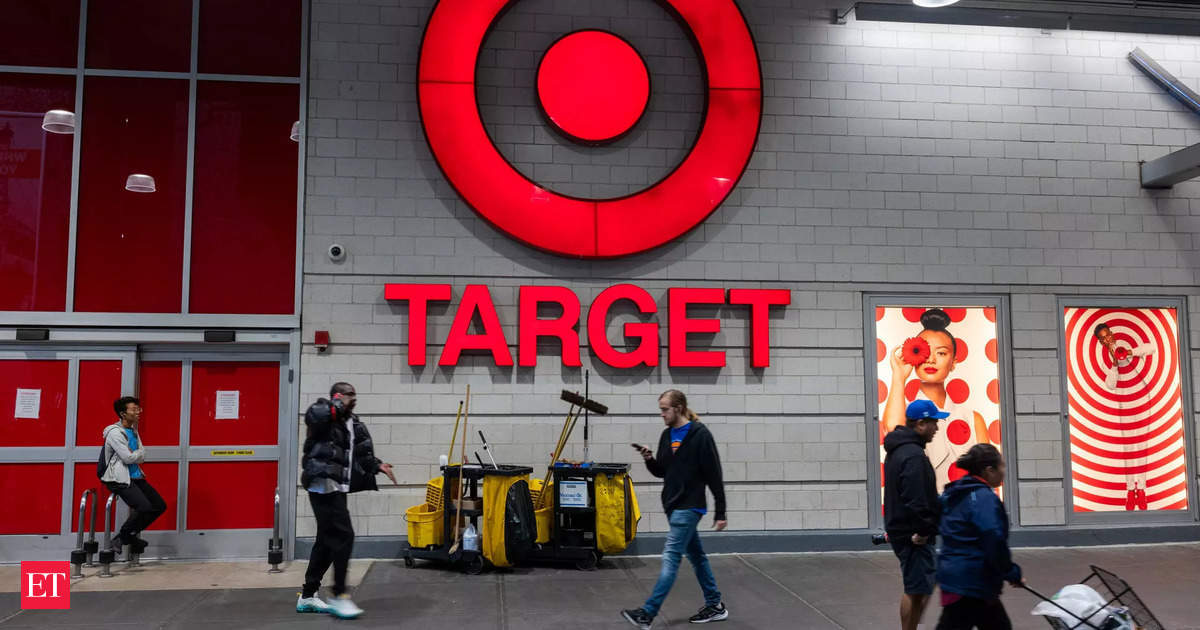Retail giant Target has announced plans to close nine stores located in major cities across the United States, starting from October 21. The decision comes in response to escalating incidents of violence, theft, and organized retail crime, which have posed a threat to the safety of both employees and customers. Target will be closing one store in New York City’s Harlem neighborhood, two in Seattle, three in the San Francisco-Oakland area, and three more in Portland, Oregon.
The ongoing retail crime wave and theft have significantly affected Target’s business performance, leading to unsustainable levels of profitability. The company stated that it cannot operate these stores any longer, as theft and organized retail crime are jeopardizing the safety of their team and guests. Target recognizes the importance of its stores in local communities but emphasizes that success can only be achieved in a safe environment.
The closure of these stores sheds light on Target’s continuous battle against organized retail crime. Theft has contributed to higher levels of shrink, which refers to the losses incurred from damaged, misplaced, or stolen goods. In Target’s fiscal second-quarter earnings report, CEO Brian Cornell acknowledged the impact of organized retail crime, stating that it is expected to reduce the company’s full-year profitability by over $500 million compared to the previous year.
While addressing the issue, Cornell highlighted the company’s reluctance to close stores and reiterated their significance to the local communities. Target has been actively advocating for legislative reform to combat organized retail crime, such as supporting bills like the Combating Organized Retail Crime Act. This proposed act advocates for stricter penalties for theft offenses and aims to facilitate information exchange between retailers and law enforcement through the proposed Organized Retail Crime Coordination Center.
Influenced by retailers and trade associations, several states have already passed similar laws to impose harsher penalties for organized retail crime offenses. The possibility of store closures has played a significant role in persuading lawmakers to support these measures.
Target has not solely relied on legislative support but has also implemented various measures to address retail crime. These include locking cases for merchandise, hiring third-party security services, providing training on de-escalation techniques, and investing in cybersecurity. However, despite these efforts, they could not ensure the safety and success of the affected stores.
Target has committed to assisting employees at the closed stores by offering them opportunities to transfer to other Target locations, displaying concern for their well-being and future employment prospects.











